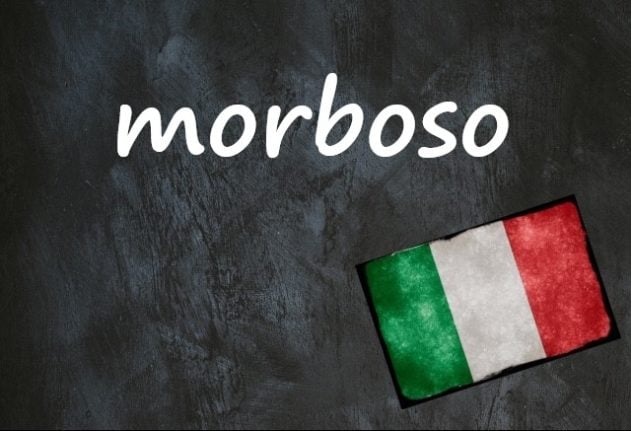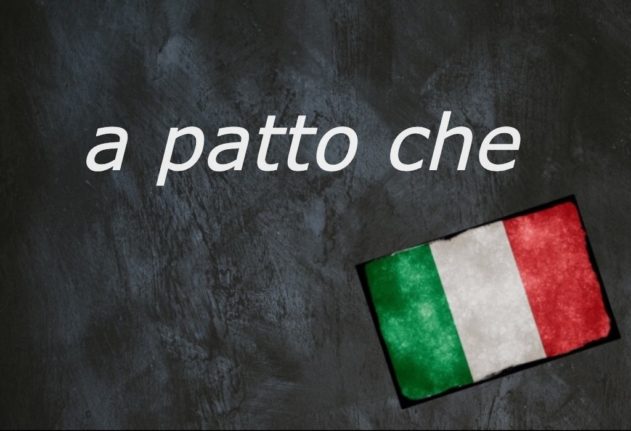Most Italian adjectives have more than one single possible meaning and some of them can be used in completely different contexts and situations.
Morboso (pronunciation available here) happens to fall under that category.
As you might have already guessed, today’s adjective comes from the word ‘morbo’, which is generally used to indicate any type of contagious disease that is highly infectious and potentially lethal (cholera, plague, etc.).
So, in its primary meaning, morboso describes anything related to or caused by a contagious disease. As such, it’s generally rendered into English as ‘contagious’ or ‘infectious’.
Questi sono i sintomi di una malattia morbosa.
These are the symptoms of an infectious disease.
But morboso is barely ever used this way outside of the medical field and, even in that case, some native speakers might perceive the word as being too formal or somewhat archaic.
The adjective is far more popular in ordinary conversations when given its secondary and, if you will, less literal meaning.
Italians use morboso to refer to any emotion, feeling or behaviour that is considered excessive, especially in a way that might be seen as unhealthy.
For instance:
Marco ha sviluppato una ossessione morbosa nei confronti di lei.
Marco has developed an unhealthy obsession with her.
In this case, the Italian adjective might be translated into English as ‘unhealthy’, ‘unreasonable’, ‘disproportionate’ or, at times, even ‘morbid’.
But while the English ‘morbid’ only refers to an unnatural, excessive interest in disturbing or unpleasant things, especially death, the Italian ‘morboso’ has a much wider scope as it potentially refers to any over-the-top feeling or behaviour, even a positive one.
Ha un affetto morboso per la madre.
He has an unreasonable amount of affection for his mother.
Finally – and this is perhaps the most common use of the adjective nowadays – morboso is also used to indicate people, and especially romantic partners, who are unbearably clingy.
So a persona morbosa is a person who, for whatever reason, tends to be overly attached to someone else, depending on them emotionally or in some other way.
When intended in the above sense, the adjective may also be used jokingly:
Vedi che sei morboso?
Ma come morboso? Cosa stai dicendo?
Can you not see you’re being clingy?
Clingy how? What on earth are you talking about?
Do you have an Italian word you’d like us to feature? If so, please email us with your suggestion.
Don’t miss any of our Italian words and expressions of the day by downloading our new app (available on Apple and Android) and then selecting the Italian Word of the Day in your Notification options via the User button.



 Please whitelist us to continue reading.
Please whitelist us to continue reading.
Member comments